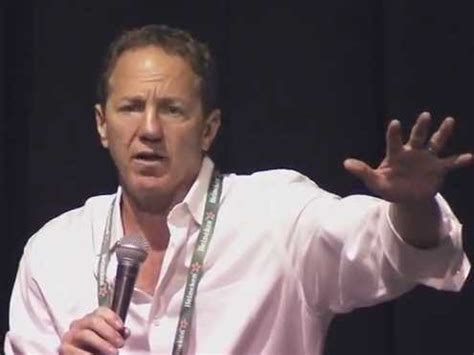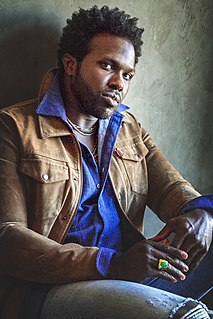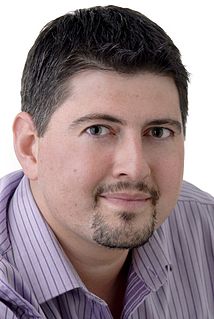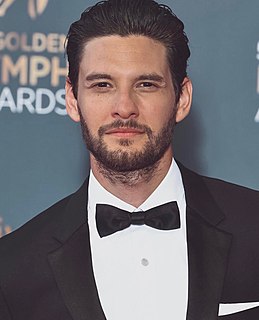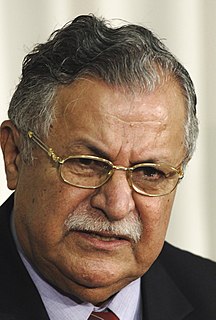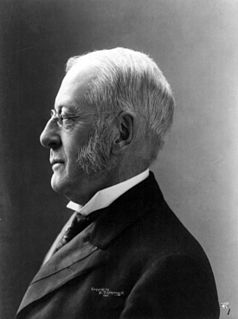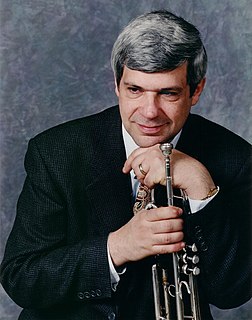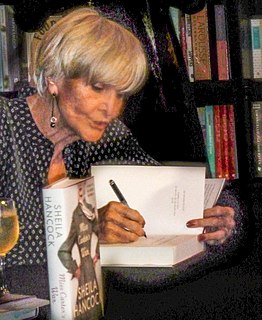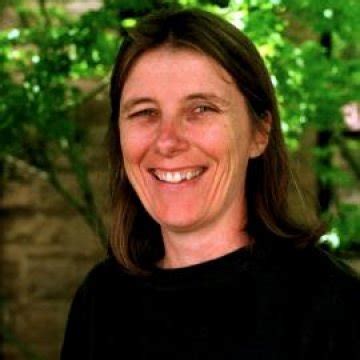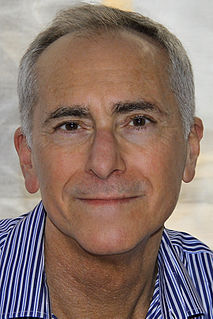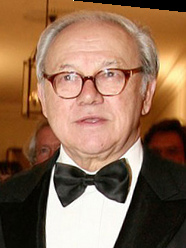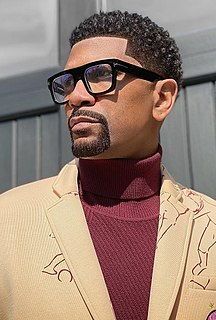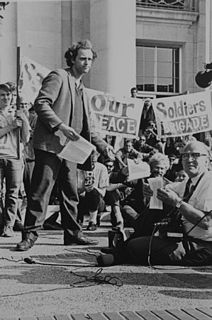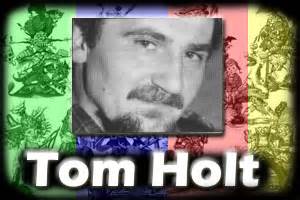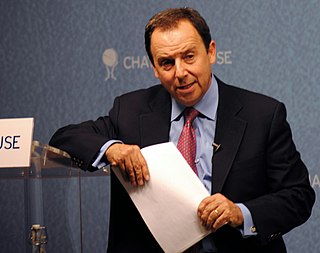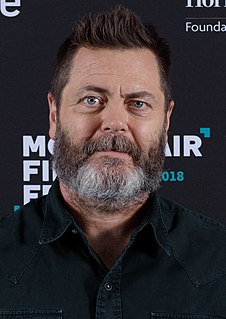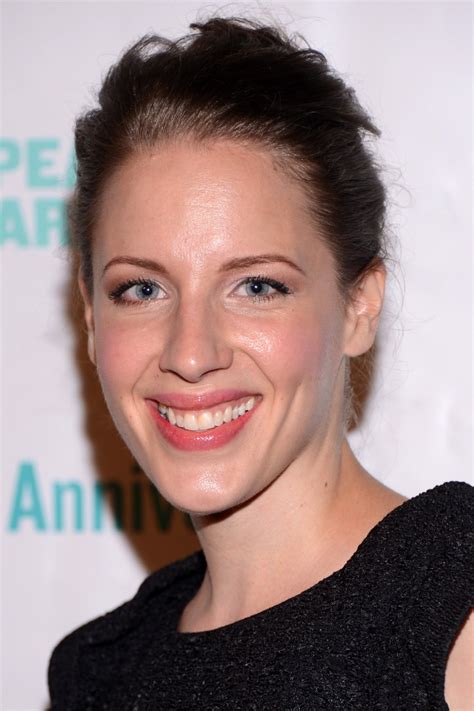Top 1200 Princeton University Quotes & Sayings - Page 6
Explore popular Princeton University quotes.
Last updated on November 15, 2024.
It's just like when Trump made his speech, his commencement speech at Liberty University, I saw something that I've never seen. ABC News was there, and they're running around asking the parents of students at Liberty University what about Donald Trump they don't like. Are you upset that Trump is here? Do you ever remember any such reporting at an Barack Obama or Michelle Obama commencement? Of course not. And Trump was loved and adored at this thing, and he had some great things to say.
For black politicians, civil rights organizations and white liberals to support the racist practices of the University of Michigan amounts to no less than a gross betrayal of the civil rights principles of our historic struggle from slavery to the final guarantee of constitutional rights to all Americans. Indeed, it was practices like those of the University of Michigan, but against blacks, that were the focal point of much of the civil rights movement.
When I look at that record in light of the 1985 job application to the [Ronald] Reagan Justice Department, it's even more troubling.That document lays out an ideological agenda that highlights Judge Samuel Alito in belonging to an alumni group at Princeton that opposed the admission of women and proposed to curb the admission of racial minorities.
My mother thought my inclinations would do well in Law, but I was too shy and deliberative - slowfooted - for that, so I determined to be an English and German high school teacher. In my first year of university I had one subject to "fill in" and chose philosophy against the advice of my counselor. My university teachers in English and German were totally uninspiring; philosophy was wonderful and my results showed it. I chose it and basically backed into a situation in which only a philosophy career seemed a viable option. I've never regretted it, but there was a lot of serendipity.
I was a trial lawyer. At the same time, I was a teacher. I taught about the political and social content of film for American University. Then I left and became a teacher at the University of California at Santa Cruz. I taught about the political and social content of film, but I also taught a course in law for undergraduates.
The difference between you, if you consider yourself not enlightened, and an enlightened master is not that the enlightened master has more knowledge. University professors have knowledge, and many enlightened masters have very little knowledge. Jesus probably had less knowledge than any university professor alive today in terms of raw information. Even a relatively uneducated person has more information than Jesus or Buddha ever had about things, such as political things and so on.
When I was a student at university, I went to live in Budapest. I grew up in the countryside. In those days, I had a conservative right-wing way of thinking. At university, I met the other young people with whom I made this party, Jobbik. These friends grew to include more people, and as more people with these extreme-right views joined us, Jobbik became more and more extreme right. I was young, in my 20s, and we could continuously identify with these ideas.
The university is one of various funding structures by which people who want to do theoretical work stay alive, the same way that people go to grad school, not because they think it's going to change the world but because there's no patron system anymore, and they need some scaffolding of support while they're trying to figure out how they can proceed in their lives. I think that's utterly legit. A lot of our better theorists and thinkers, that's what the university is for them.
Jodie Foster did it, Natalie Portman did it. I think it's entirely possible to juggle university with filming... I actually think going to university will make me a better actress. The experience of living like that, working to deadlines, living with other students. It's all the things I want. There are actresses who don't know about things like doing their own laundry and getting a bus. I'm not going to be like that. For me, this is just the beginning. I've only shown a little bit of what I can do. There is so much more to come.
But what I didnt want to have happen, and I made this clear to Jeremy (Florida AD), if I am able to go coach, I want to coach at one place, the University of Florida. It would be a travesty, it would be ridiculous to all of a sudden come back and get the feeling back, get the health back, feel good again and then all of a sudden go throw some other colors on my shirt and go coach? I dont want to do that. I have too much love for this University and these players and for what weve built.
I had no need to apologize that the look-wider, search-more affirmative action that Princeton and Yale practiced had opened doors for me. That was its purpose: to create the conditions whereby students from disadvantaged backgrounds could be brought to the starting line of a race many were unaware was even being run.
Let Girls Learn issue has always been personal for me. I grew up in a working-class neighborhood on the South Side of Chicago where most folks, including my parents, didn't have college degrees. But with a lot of hard work - and a lot of financial aid - I had the chance to attend Princeton and Harvard Law School, and that gave me the confidence to pursue my ambitions.
What makes a terrorist? Are the drivers primarily political or economic? Princeton economist Alan Krueger has made a great study of this question...What Makes a Terrorist lacks a question mark. That's because Krueger, marshaling persuasive statistics and analysis, comes down firmly on the side of politics, noting most terrorists are middle-class and well-educated.
With my academic achievement in high school I was accepted rather readily at Princeton and equally as fast at Yale, but my test scores were not comparable to that of my classmates. And that's been shown by statistics, there are reasons for that - there are cultural biases built into testing, and that was one of the motivations for the concept of affirmative action to try to balance out those effects.
Consider him in his highest incarnation: the university professor. What is his function? Simply to pass on to fresh generations of numskulls a body of so-called knowledge that is fragmentary, unimportant, and, in large part, untrue. His whole professional activity is circumscribed by the prejudices, vanities and avarices of his university trustees, i.e., a committee of soap-boilers, nail manufacturers, bank-directors and politicians. The moment he offends these vermin he is undone. He cannot so much as think aloud without running a risk of having them fan his pantaloons.
I am told that today rather more than 60 per cent of the men who go to university go on a Government grant. This is a new class that has entered upon the scene. It is the white-collar proletariat. They do not go to university to acquire culture but to get a job, and when they have got one, scamp it. They have no manners and are woefully unable to deal with any social predicament. Their idea of a celebration is to go to a public house and drink six beers. They are mean, malicious and envious . They are scum.
The pursuit of science, the study of the great works, the value of free inquiry, in short, the very idea of living the life of the mind - yes, these formative and abiding principles of higher education in America had their first and firmest advocate, and their greatest embodiment, in a tall, fair-headed, friendly man who watched this university take form from the mountainside where he lived, the university whose founding he called a crowning achievement to along and well-spent life.
In such novels as This Side of Paradise and The Great Gatsby, Fitzgerald depicts the spirit of the hour which is usually about 4 a.m. His suave young men, always commuting between Princeton and The Plaza in Stutz Bearcats never sat still for long. It was too uncomfortable, with a large flask in the hip pocket.
Many university presidents assume the language and behavior of CEOs and in doing so they are completely reneging on the public mission of the universities. The state is radically defunding public universities and university presidents, for the most part, rather than defending higher education as a public good, are trying to privatize their institutions in order to remove them from the political control of state governments. This is not a worthy or productive strategy.
I have a very beautiful room that in my house that we bought in Princeton. It's glass on three sides, and you'd think that's the perfect place to write. Somehow in that nice room I feel too exposed, and I can notice I'm too distracted by things going on, so I end up writing in a not-very-nice office bedroom.
Albert Einstein, who discovered that a tiny amount of mass is equal to a huge amount of energy, which explains why, as Einstein himself so eloquently put it in a famous 1939 speech to the Physics Department at Princeton, 'You have to exercise for a week to work off the thigh fat from a single Snickers.'
A doctrine-teaching, character-building university, the Brigham Young University is dedicated to the building of character and faith, for character is higher than intellect . . . . We are men of God first, men of letters second, men of science third, and noted men fourth, men of rectitude rather than academic competence. . . . Our academic training must be as impeccable as our lives.
Patronizing the Arts is a brilliantly nuanced assessment of why universities must become art patrons. Learning from the twentieth-century university's embrace of Big Science, Garber argues that twenty-first-century universities must rigorously devote their attention to Big Art. Provocative, witty, and layered, Patronizing the Arts cogently demonstrates the advantages for both art and the university in this new and radical alliance.
I developed a mania for Fitzgerald - by the time I'd graduated from high school I'd read everything he'd written. I started with 'The Great Gatsby' and moved on to 'Tender Is the Night,' which just swept me away. Then I read 'This Side of Paradise,' his novel about Princeton - I literally slept with that book under my pillow for two years.
We were to found a University magazine. A pair of little, active brothers-Livingstone by name, great skippers on the foot, great rubbers of the hands, who kept a book-shop over against the University building-had been debauched to play the part of publishers. We four were to be conjuct editors and, what was the main point of the concern, to print our own works; while, by every rule of arithmetic-that flatterer of credulity-the adventure must succeed and bring great profit. Well, well: it was a bright vision.
All that a university or final highest school. can do for us is still but what the first school began doing--teach us to read. We learn to read in various languages, in various sciences; we learn the alphabet and letters of all manner of books. But the place where we are to get knowledge, even theoretic knowledge, is the books themselves. It depends on what we read, after all manner of professors have done their best for us. The true university of these days is a collection of books.
At Princeton I wrote my junior paper on Virginia Woolf, and for my senior thesis I wrote on Samuel Beckett. I wrote some about "Between the Acts" and "Mrs. Dalloway'' but mostly about "To the Lighthouse." With Beckett I focused, perversely, on his novels, "Molloy," "Malone Dies," and "The Unnamable." That's when I decided I should never write again.
The reason you go to university is to be taught, is to learn how to think more clearly, to call into question the ideas that you came with and think about whether or not they are the ideas you will always want to hold. A university education at its best is a time of confusion and questioning, a time to learn how to think clearly about the values and principles that guide one's life. Of course, it's also a time to acquire the skills needed for jobs in the "real world," but the part about becoming an adult with ideals and integrity is also important.
It is relatively unusual that a physical scientist is truly an atheist. Why is this true? Some point to the anthropic constraints, the remarkable fine tuning of the universe. For example, Freeman Dyson, a Princeton faculty member, has said, 'Nature has been kinder to us that we had any right to expect.'
Combining the experience of a seasoned university president with the analysis of a respected legal scholar, Derek Bok explores what he concludes are 'signs of excessive commercialization in every part of the university.' His somber assessment of the current state of athletics, scientific research, and distance education, and his call for review and restraint, should engage the attention of every faculty senate in the country. He has given us a timely, candid, courageous, and important book.
What is Camille Paglia doing, writing that an actress as gifted as Anne Heche has the mental depth of a pancake? How many pancake brains could do what Heche did with David Mamet's dialogue in Wag the Dog? No doubt Heche has been stuck with a few bad gigs, but Paglia, of all people, must be well aware that being an actress is not the same safe ride as being the tenured university professor of humanities and media studies at the University of the Arts in Philadelphia.
The essence of Vanderbilt is still learning, the essence of its outlook is still liberty, and liberty and learning will be and must be the touchstones of Vanderbilt University and of any free university in this country or the world. I say two touchstones, yet they are almost inseparable, inseparable if not indistinguishable, for liberty without learning is always in peril, and learning without liberty is always in vain.
The university is well structured, well tooled, to turn out people with all the sharp edges worn off, the well-rounded person. The university is well equipped to produce that sort of person, and this means that the best among the people who enter must for four years wander aimlessly much of the time questioning why they are on campus at all, doubting whether there is any point in what they are doing, and looking toward a very bleak existence afterward in a game in which all of the rules have been made up, which one cannot really amend.
Amory took to writing poetry on spring afternoons, in the gardens of the big estates near Princeton, while swans made effective atmosphere in the artificial pools, and slow clouds sailed harmoniously above the willow. May came too soon, and suddenly unable to bear walls, he wandered the campus at all hours through starlight and rain.
Descartes' immortal conclusion cogito ergo sum was recently subjected to destruction testing by a group of graduate researchers at Princeton led by Professors Montjuic and Lauterbrunnen, and now reads, in the Shorter Harvard Orthodoxy:
(a) I think, therefore I am; or
(b) Perhaps I thought, therefore I was; but
(c) These days, I tend to leave that side of things to my wife.
And let's not forget that internally, we are, like all dying empires, being hollowed out from the inside in terms of infrastructure. I live near Philly, I live in Princeton. The school system is shattered with closings and layoffs. Libraries are being shuttered. Head Start is being cut back. Unemployment benefits are not being extended. You know, we've reached a point of both physical and emotional exhaustion.
Only one American has given his life for Iranian democracy. He was a young idealist from Nebraska named Howard Baskerville. In 1907, fresh out of Princeton, Baskerville went to Iran as a schoolteacher. He found himself in the midst of a revolution against tyranny, and was carried away with passion for the democratic cause.
Two sons, they'll both be presidents after they win their Nobel Prizes. And the daughters, they'll be prima ballerinas before they become the president of Princeton and start their Internet company. And I just started to think about What's the conventional load of those expectations you carry around? You have to pull them out one by one and smash them in the corner. You realize the pile is quite high. But in a way, it becomes oddly liberating to do that.
When I [first] went to university, I was doing foreign languages, because I had done them since I was 13 years old. I had done French and German. I picked up Italian, just sort of blasted through the exams, [and then] took off overseas, because I wanted to be an actor. I thought, "I'm just not academic." I'm not very competitive, in terms of acting. But since going back to university, I've realized, I am highly competitive.



